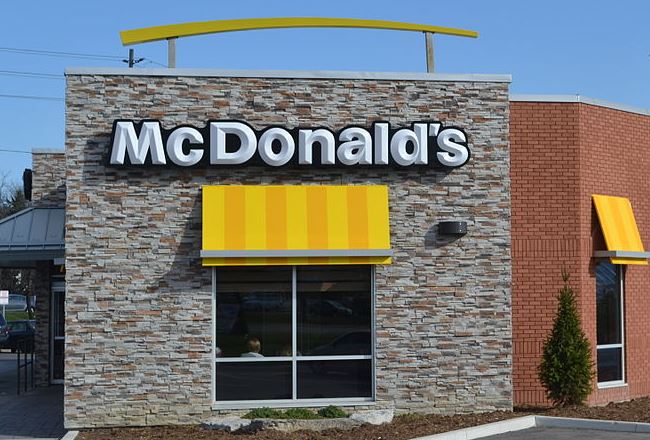
The NLRB said that of 291 charges filed since November 2012, 86 were found to have merit and, unless those 86 charges are settled, complaints would be forthcoming. The agency will conduct hearings in New York, Chicago and Los Angeles to address complaints in those regions before conducting hearings in other regions. The NLRB said there are 13 complaints involving 78 charges against McDonald’s and its franchisees as “joint employers.”
What makes this a big deal, of course, are the numbers: Of McDonald’s more than 14,000 U.S. restaurants, about 90% are franchised. If the NLRB’s view prevails it would be a seismic shift in the franchise business.
While wages for a franchisee’s workers are not set by McDonald’s or other franchisors, the parent companies do set prices for virtually everything else, from ketchup packets to remodeling costs. As one policy analyst put it, “The corporations set wages by setting everything but wages.”
ALSO READ: America’s Worst Run Companies
Franchisees have no choice but to pay these costs, and on the thin margins in the fast-food industry, raising wages would mean lower or no profits for the franchise holders.
The NLRB’s decision to file these complaints could change the financial relationship between franchisors and franchisees. At the very least, franchisees would seek help from the parent company in offsetting whatever costs are increased through labor actions. The franchisors would also likely have to adopt and enforce a code of behavior on franchisees, including how much employees are paid and how working conditions must be managed.
The franchisors will fight this decision, and its implications, until the end of time. McDonald’s issued a statement on Friday that staked out the company’s position:
McDonald’s is disappointed with the Board’s decision to overreach and move forward with these charges, and will contest the joint employer allegation as well as the unfair labor practice (ULP) charges in the proper forums. … McDonald’s serves its 2,500 independent franchisees’ interests by protecting and promoting the McDonald’s brand and by providing access to resources related to food quality, customer service, and restaurant management, among other things. These optional resources help entrepreneurs operate successful businesses. This relationship does not establish a joint employer relationship under the law — and decades of case law support that principle. … The final resolution of these complaints will require a lengthy process.
McDonald’s has gotten support for its position from some of its own franchisees and the U.S. Chamber of Commerce, which contend that the NLRB’s ruling makes companies responsible for the labor practices of their franchisees.
ALSO READ: Cost of Beef to Soar in U.S.
Credit card companies are handing out rewards and benefits to win the best customers. A good cash back card can be worth thousands of dollars a year in free money, not to mention other perks like travel, insurance, and access to fancy lounges. See our top picks for the best credit cards today. You won’t want to miss some of these offers.
Flywheel Publishing has partnered with CardRatings for our coverage of credit card products. Flywheel Publishing and CardRatings may receive a commission from card issuers.
Thank you for reading! Have some feedback for us?
Contact the 24/7 Wall St. editorial team.

